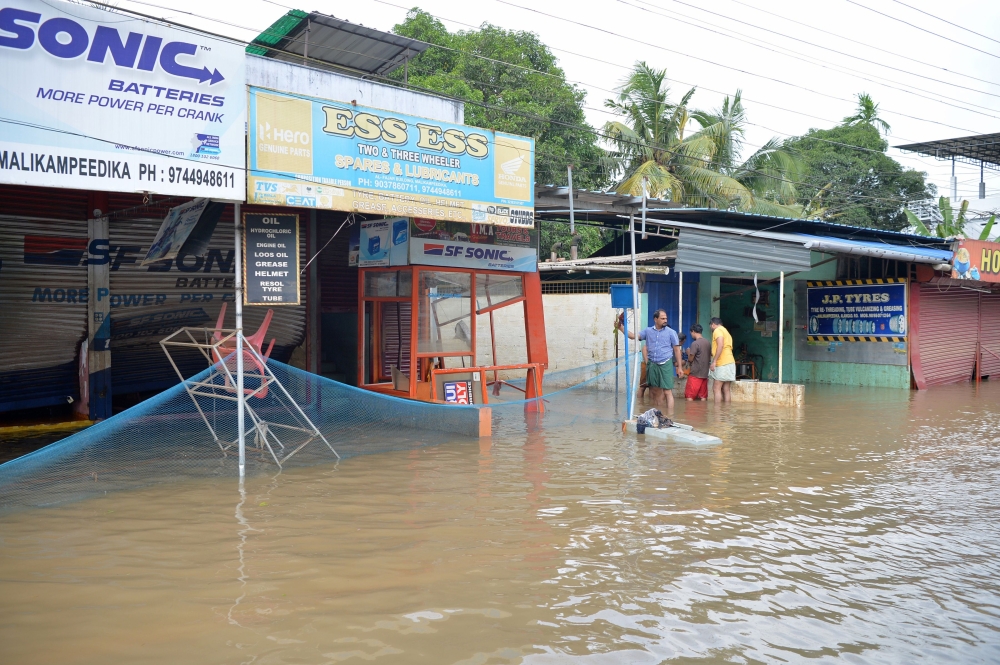At a time when countries across the global are switching to renewable sources of power and investing heavily in solar and wind energy generation, Union Minister of State for Science and Technology Dr. Jitendra said that the present installed nuclear power capacity is set to increase from 8180 MW to 22480 MW by 2031-32 in a written reply to an un-starred question in Rajya Sabha today.
Highlighting India’s energy transition to Net Zero by 2070 Dr. Jitendra Singh said, “Various studies have projected the need to have a national nuclear capacity of the order of 1 lakh MW by 2047, recommendations of those studies are being viewed for possible future adoption.”
Answering questions on the capacity augmentation of nuclear energy, the Union Minister of State for the Department of Atomic Energy emphasized that there has been more than a 70 percent surge in India’s nuclear power capacity in the last 10 years, increasing from 4,780 MW in 2013-14 to 8,180 MW at present. The annual electricity generation from nuclear power plants has also increased from 34,228 million units in 2013-14 to 47,971 million units in 2023-24.
Dr. Singh noted that the current installed nuclear power capacity in the country is 8,180 MW, spread across 24 nuclear power reactors. According to the written reply at present 21 reactors with a total capacity of 15300 MW are at various stages of implementation by Nuclear Power Corporation India Limited (NPCIL). Nine (09) reactors with a total capacity of 7300 MW [including Prototype Fast Breeder Reactor (PFBR) by Bharatiya Nabhikiya Vidhyut Nigam Limited (BHAVINI)] under construction and twelve (12) reactors with a capacity of 8000 MW [including 2 X 500 MW twin unit of Fast Breeder Reactors (FBR) by BHAVINI] are under pre-project activities.



